Views: 33 Author: Rachel Publish Time: 2024-07-19 Origin: Site







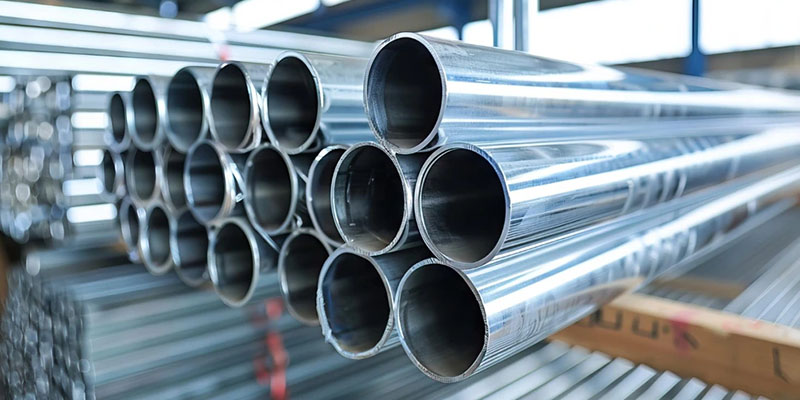
Monel 400, a nickel-copper alloy renowned for its exceptional corrosion resistance in a vast array of severe environments, stands as a cornerstone material for critical applications across marine, chemical processing, oil and gas, and aerospace industries. Different from stainless steels, this alloy offers reliability when common austenitic grades are used. At JN, we manufacture Monel 400 (UNS N04400) product forms for industrial systems, including seamless pipe, welded pipe, plate, bar, forgings, and fittings.
This article shows Monel 400 chemical composition, its physical and mechanical properties, processing characteristics, pricing, and the compelling reasons to source this 400 alloy.
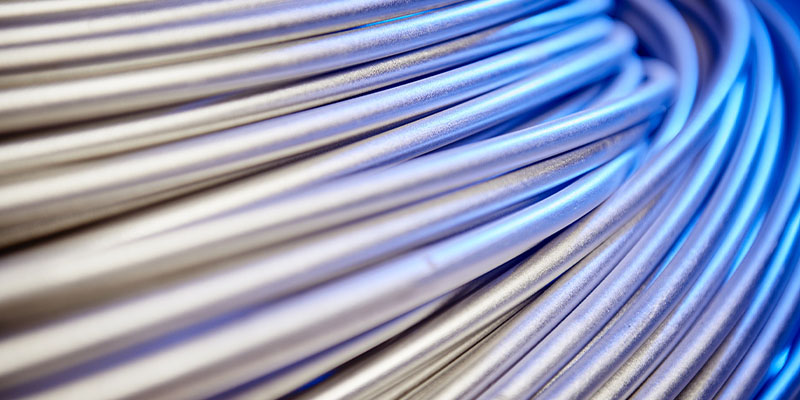
Monel 400 contains the same quantity of nickel and copper as is found in a naturally occurring nickel ore in Ontario, Canada. Monel alloy 400 costs 5 to 10 times as much as ordinary nickel or copper. Monel 400's chemical composition is primarily a binary alloy of nickel (Ni) and copper (Cu). The composition conforms to standards like ASTM B127 (Plate/Sheet/Strip), B164 (Rod/Bar), B165 (Seamless Pipe/Tube), and B564 (Forgings):
| Composition | Value | Function |
| Nickel (Ni) | 63.0% min | Nickel provides inherent resistance to corrosion, particularly in reducing environments, alkalis, and seawater. It stabilizes the face-centered cubic austenitic structure, ensuring good ductility and toughness across a wide temperature range, including cryogenic conditions. Its resistance to chloride stress corrosion cracking (SCC) is a key differentiator from many stainless steels. |
| Copper (Cu) | 28.0% - 34.0% | Copper enhances resistance to H₂SO₄, HF, and other non-oxidizing acids, particularly in the absence of air or oxidizing agents. It contributes to the alloy's inherent strength and works synergistically with nickel to form a highly protective passive film in many environments. Copper also lowers the cost compared to higher-nickel alloys. |
| Iron (Fe) | 2.5% max | While higher iron can slightly increase strength, excessive levels can marginally reduce corrosion resistance in some specific media like hydrofluoric acid. Control ensures consistent performance. |
| Manganese (Mn) | 2.0% max | Acts as a deoxidizer during melting and helps control sulfur content by forming stable manganese sulfides. It enhances hot workability. Higher levels can slightly increase strength. |
| Carbon (C) | 0.3% max | Carbon is minimized to prevent sensitization and maintain ductility, especially after welding or high-temperature exposure. Low carbon is crucial for corrosion resistance in aggressive environments. |
| Silicon (Si) | 0.5% max | Primarily a deoxidizer. Higher silicon can improve resistance to highly concentrated sulfuric acid but may reduce ductility. |
| Sulfur (S) | 0.024% max | A detrimental impurity. Sulfur forms low-melting-point sulfides, which can cause hot cracking during welding or hot working. Strict control is essential for fabricability. |
| Aluminum (Al) | Remain | Usually present only in very low levels as a deoxidizer residue. |
The following table describes the properties of Monel 400. Relative to other similar metals, it unusually is strong and corrosion-resistant.
Property | Value (Metric) | Value (Imperial) |
Density | 8.80*103 kg/m3 | 549 lb/ft3 |
Modulus of Elasticity | 179 GPa | 26,000 ksi |
Thermal Expansion (20ºC) | 13.9*10-6º C-1 | 7.7*10-6 in/(in*ºF) |
Specific Heat Capacity | 427 J/(kg*K) | 0.102 BTU/(lb*ºF) |
Thermal Conductivity | 21.8 W/(m*K) | 151 BTU*in/(hr*ft2*ºF) |
Electric Resistivity | 54.7*10-8 Ohm*m | 54.7*10-6 Ohm*cm |
Tensile Strength (Annealed) | 550 MPa | 79,800 psi |
Yield Strength (Annealed) | 240 MPa | 34,800 psi |
| Hardness | Rockwell B 65 - 85 | Brinell HB ~120 - 190 |
Elongation | 48% | 48% |
Liquidus Temperature | 1,350º C | 2,460º F |
Solidus Temperature | 1,300º C | 2,370º F |
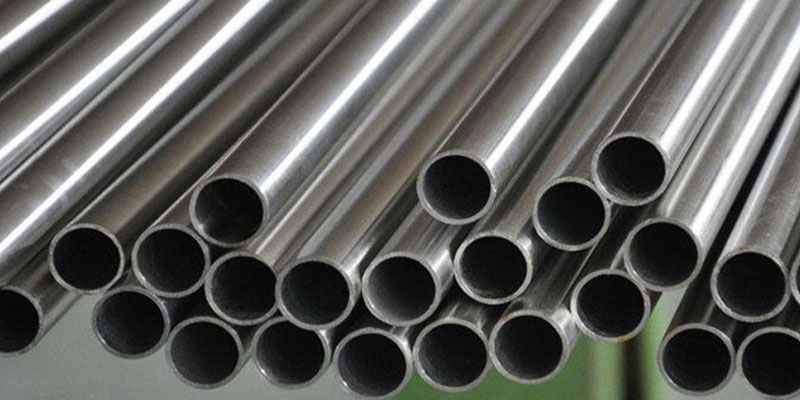
Alloy 400 can easily be welded by gas-tungsten arc, gas metal arc or shielded metal arc processes using appropriate filler metals. There is no need for post weld heat treatment, however, thorough cleaning after welding is critical for optimum corrosion resistance, otherwise there is the risk of contamination and embrittlement.
Finished fabrications can be produced to a wide range of mechanical properties when proper control of the amount of hot or cold working and the selection of appropriate thermal treatments is done.Like most other nickel alloys, Monel 400 is typically tough to machine and will work harden. However, excellent results can e obtained if you make the correct choices for tooling and machining.
Alloy 400 is virtually immune to chloride ion stress corrosion cracking in typical environments. Generally, its corrosion resistance is very good in reducing environments, but poor in oxidizing conditions. It is not useful in oxidizing acids, such as nitric acid and nitrous. Nevertheless, it is resistant to most alkalis, salts, waters, food products, organic substances and atmospheric conditions at normal and elevated temperatures.
This nickel alloy is attacked in sulfur-bearing gases above approximately 700° F and molten sulfur attacks the alloy at temperatures over approximately 500° F. Monel 400 offers about the same corrosion resistance as nickel but with higher maximum working pressures and temperatures and at a lower cost due to its superior ability to be machined.
Monel 400 is annealed at 870–980°C, cooling rate not critical. Grain growth is rapid in this alloy, so use the lower end of the temperature range and minimal time to retain good strength. Stress relief, if required, is at 540-570°C. Stress equalising cold worked material at 300°C markedly increases the proof stress, without affecting other properties.
Monel 400 is readily welded by GMAW (MIG), GTAW (TIG), SMAW (manual) and SAW processes. Preheat, post heat and post weld heat treatment are not required. The area around the weld must be clean to prevent contamination of the weld pool. Argon shielding gas is used.
Unparalleled Corrosion Resistance: Excels in seawater, brine, HF, H₂SO₄, alkalies, organic acids, and solvents.
Chloride Stress Corrosion Cracking Immunity: A critical advantage over 300 series stainless steels.
Excellent Mechanical Properties: Good base strength, exceptional ductility and toughness, and high strength achievable via cold work.
Good Fabricability: Weldable, machinable, and formable.
Thermal Stability: Maintains properties over a useful temperature range.
The price of Monel 400 is intrinsically linked to the London Metal Exchange (LME) price of nickel, as Ni constitutes over 60% of the alloy's weight. Copper prices also play a secondary role. Consequently, Monel 400 commands a significant premium over standard stainless steels like 304 or 316.
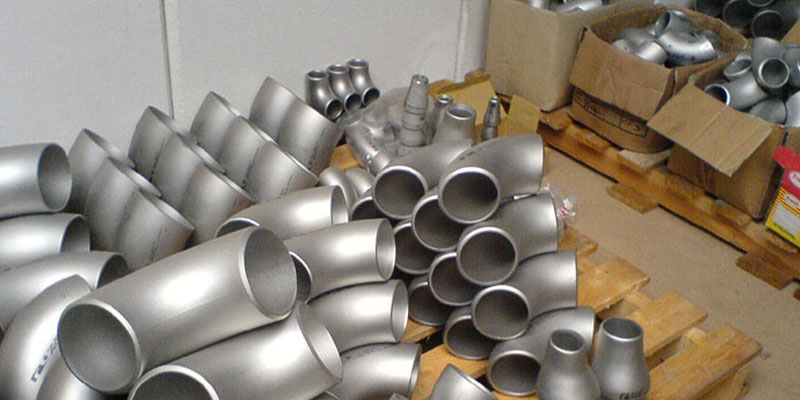
Price Drivers:
Raw Material Costs: The dominant factor, subject to market volatility.
Product Form: Plate, bar, and seamless pipe generally command higher prices per kg than sheet or welded tube due to more complex processing. Forgings and fittings involve significant value-added manufacturing.
Specifications: Thicker sections and larger diameters often have higher base costs. Thin-gauge sheet or small-diameter thin-wall tubing can also incur premiums due to processing challenges.
Quantity: Large volume orders have big discounts.
Pricing Transparency: While specific spot prices fluctuate daily, expect Monel 400 to range from 15 to 30 USD per kilogram.
JN Alloy provides real-time, competitive quotations based on your exact specification, quantity, and delivery requirements. We leverage our scale and direct mill relationships to secure the best possible raw material costs for our customers.
Monel 400 is essential in heat exchangers, chemical plant equipment, and boiler feeders. It is ideal in wire or rod form and is excellent for trolling wire due to its resistance to seawater. Monel 400 provide superior quality for different types of mechanical, and general engineering applications. Its toughness lends itself to use in nuclear power plants, mining, cement, and the oil and gas industry. Industrial applications include:
Heat exchangers
Crude oil distillation towers
Propeller and pump shafts
Oil refinery crude columns
Pickling bat heating coils
Feedwater and steam generator tubing
Valves, pumps, fittings, and fasteners
Crude petroleum stills
Sulfuric acid and hydrofluoric acid alkylation plants
Deaerating heaters
Gasoline and freshwater tanks
Chemical and hydrocarbon processing equipment
Chlorinated solvents
Brine heaters and seawater scrubbers in tanker inert gas systems
Metal instruments
Choosing the right supplier for a critical, high-value alloy like Monel 400 is paramount. JN wins through expertise, reliability, and customer focus:
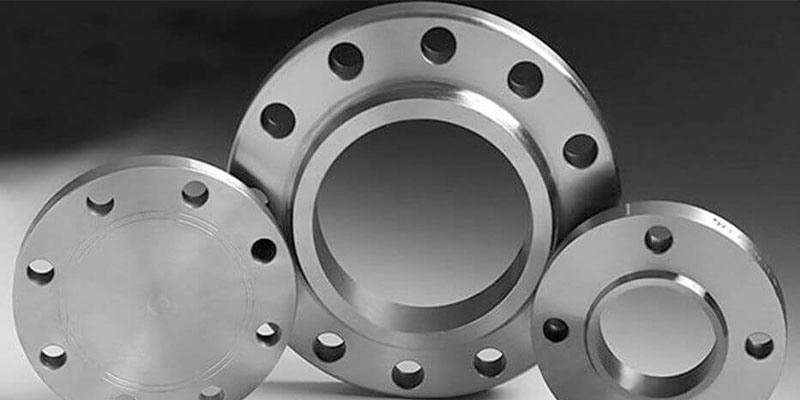
Deep Metallurgical Expertise and Product Mastery: Our team comprises seasoned metallurgists and engineers with intimate knowledge of Monel 400's nuances—from optimal melt chemistry control and thermo-mechanical processing to fabrication best practices. We don't just sell metal; we provide material science solutions.
Extensive Manufacturing Capabilities and One-Stop Service: JN produces the full spectrum of Monel 400 product forms:
Seamless Pipe & Tube (ASTM B165)
Welded Pipe & Tube
Plate & Sheet (ASTM B127)
Bar & Rod (ASTM B164 - Hot Finished, Cold Drawn)
Forgings (ASTM B564)
Fittings (ASME SB366)
Eliminate the complexity and risk of sourcing from multiple vendors. JN is your single, reliable partner.
Rigorous Quality Control: Quality is non-negotiable. Our integrated QC process includes:
Certified Mill Source Verification: Traceability from approved, audited mills.
Composition Verification: PMI via XRF/OES.
Mechanical Testing: Full ASTM/EN mechanical testing certified to MTRs.
NDT Capabilities: UT for plate/bar, hydrostatic/pneumatic testing for tubes, and RT for welds as required.
Dimensional and Visual Inspection: To exacting standards.
Compliance: Supplied to ASTM, ASME, EN, PED, NACE MR0175/ISO 15156, and customer-specific specifications.
Global Export: With over 5000 tons of high-performance alloys exported annually, JN possesses the logistical expertise and documentation proficiency to deliver Monel 400 seamlessly worldwide. We understand international trade regulations and incoterms.
Low MOQs: We cater to both large projects and smaller R&D or maintenance needs, offering minimum order quantities significantly lower than many primary mills.
Rapid Quotation: Receive detailed, competitive quotes within 24 hours.
Reliable Lead Times: Efficient production planning and significant stock profiles of common forms ensure on-time delivery.
Our sales team can advise on your product forms, tempers, and potential alternatives to achieve cost savings without compromising performance.
In conclusion, JN Alloy supplies Monel 400 in tube, pipe, sheet, plate, strip, round bar, fittings, flanges and wire forms; we also provide customized services to our customers. No matter what style of product you need, we will do our best to meet your needs.
Contact us for more information or to discuss your Monel 400 needs.